GEOPOLYMER TECHNOLOGY for Infrastructure Rehabilitation
Our geopolymer materials are highly resistant to acids, alkalis, and their combinations, even in low and high concentrations.
They can withstand temperatures up to 800°C and are suitable for applications ranging from thin coatings to thick concrete.
A wide range of geopolymer properties make them suitable for applications ranging from chemically resistant mortars to lightweight insulating materials.
MARKETS FOR GEOPOLYMER MATERIALS
Geopolymer materials are particularly effective against H2S corrosion in sewer and wastewater systems and are also used for structural restoration and as bedding mortar for refractory applications. Gemite plans to develop geopolymer materials suitable for the spin-cast application of liners in sewers and pipes.
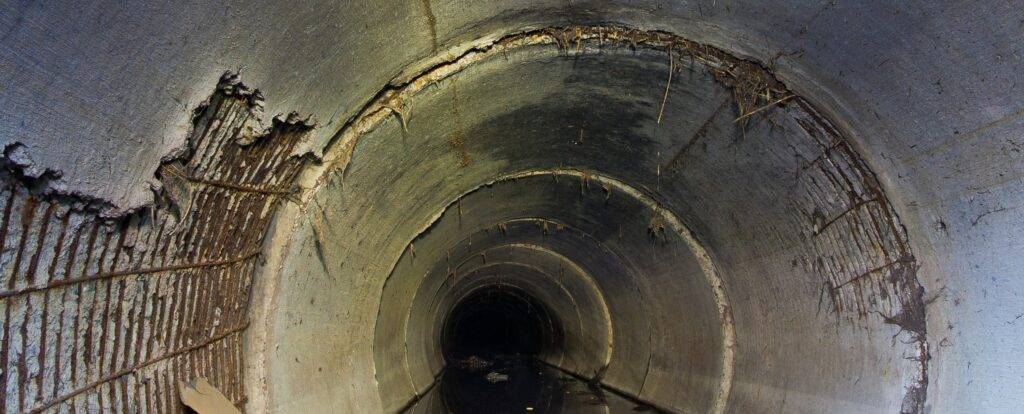
Sewer Rehabilitation
Advanced geopolymer mortars, formulated for spin-cast application, will be developed as soon as possible. This novel technology, compatible with pipes of various shapes, will provide a durable protective lining for aging sewer and water pipelines, enhancing resilience in essential infrastructure maintenance.
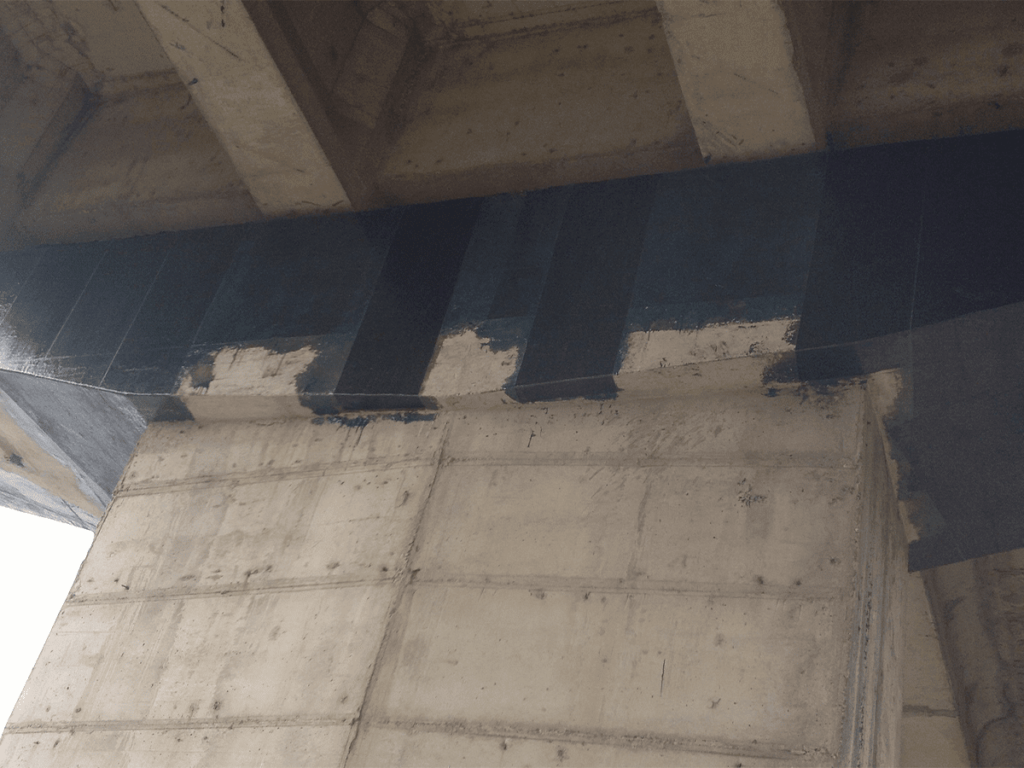
Structural Strengthening
Geo-Poly Mortar outperforms epoxy systems for structural strengthening, offering excellent bond even on wet and contaminated surfaces, with superior fire resistance and no ignition risk. It’s safer, more cost-effective, and compatible with carbon or glass fabrics.
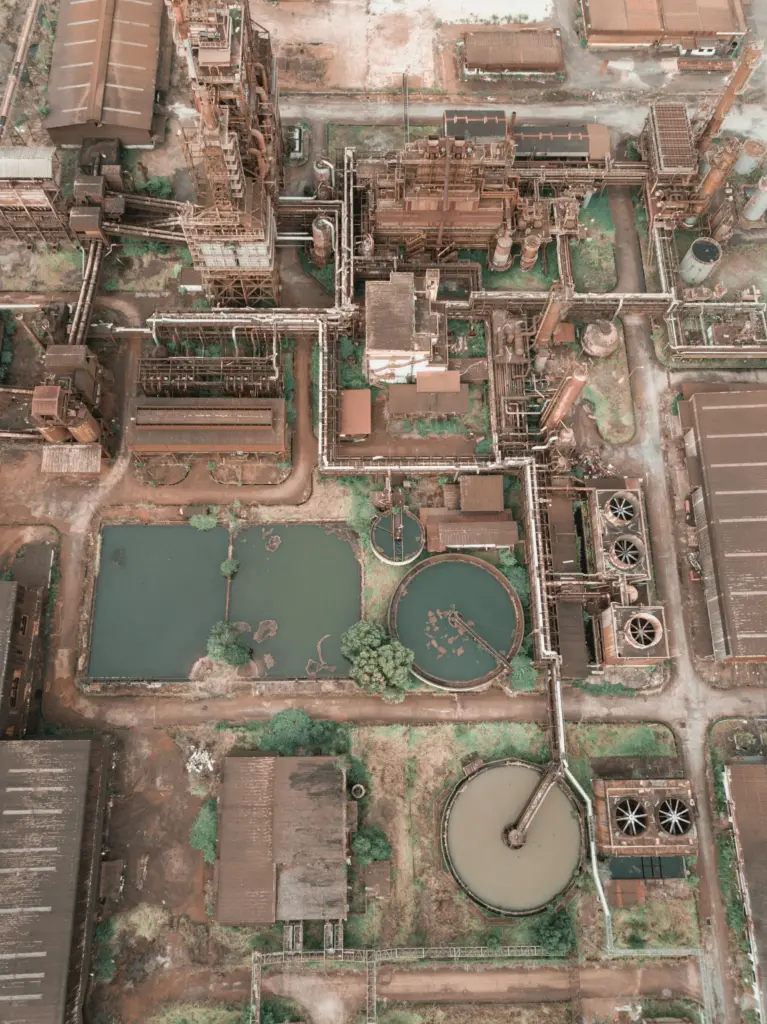
Chemical and Petrochemical Industries
Geo-Poly materials provide superior resistance to inorganic acids and other chemicals used in chemical plants and petrochemical processing. This results in reduced maintenance and longer-lasting infrastructure, leading to significant cost savings over time.
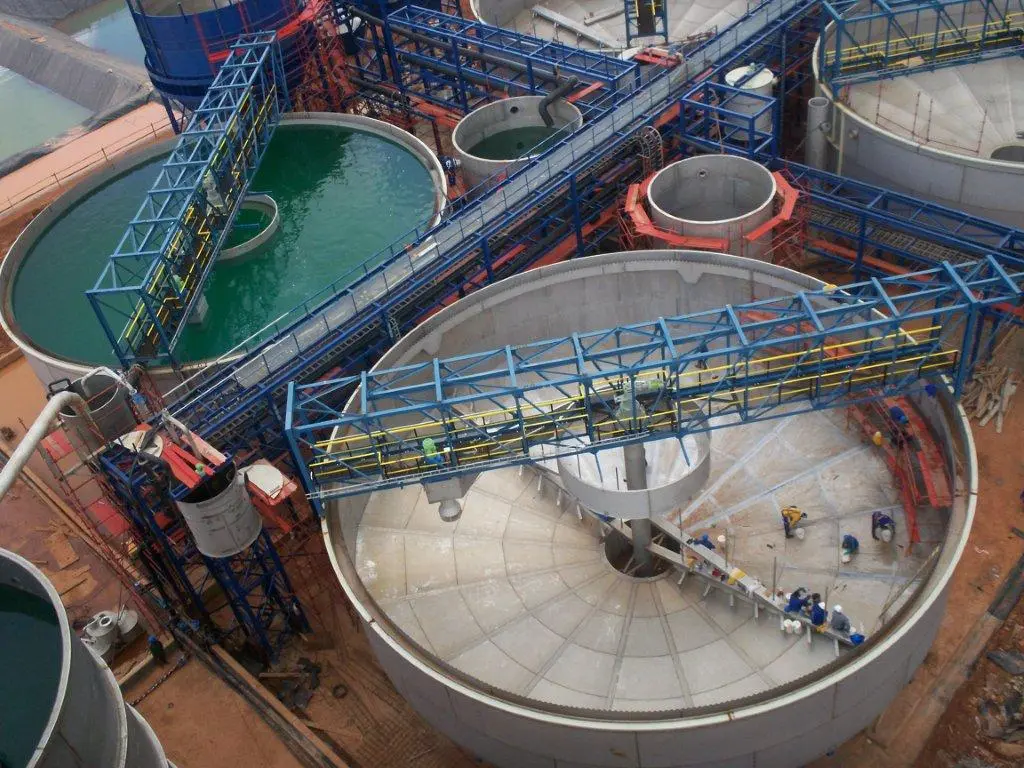
Mining and Hydrometallurgical Processing
The high chemical resistance of Geo-Poly materials protects against the corrosive substances encountered in mining and hydrometallurgical processes. This durability decreases the frequency of repairs and maintenance, cutting overall operational costs.
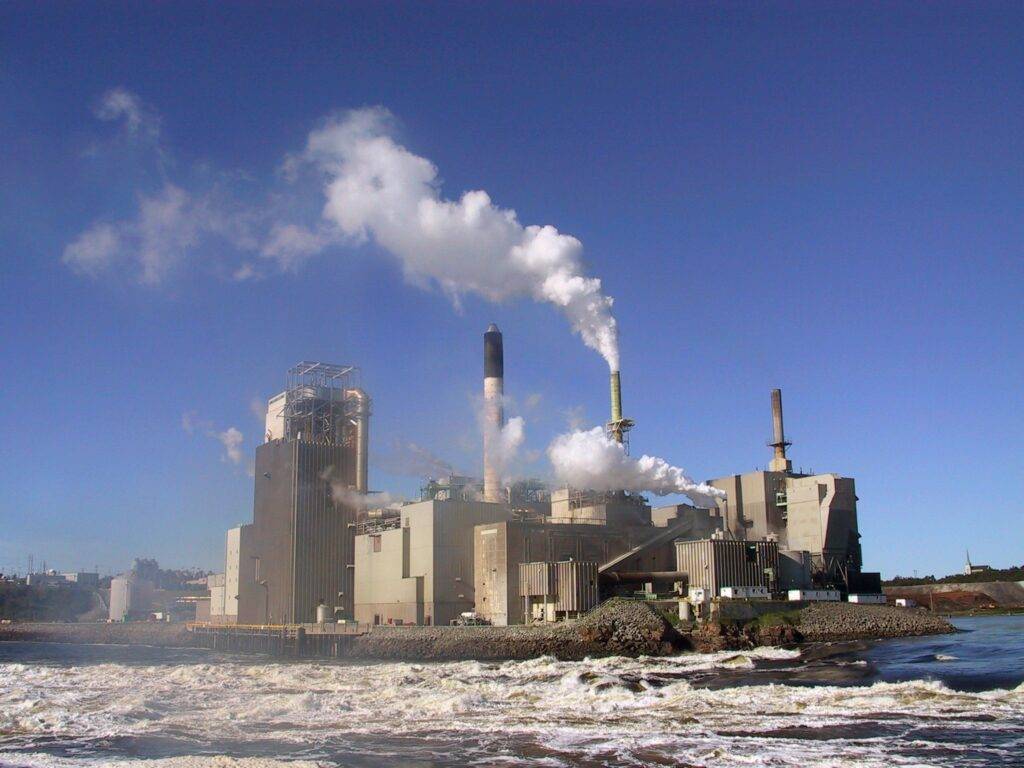
Pulp and Paper Industries
Geo-Poly materials offer excellent protection against the acidic and high-temperature environments typical in the pulp and paper industry. This reduces the need for frequent maintenance and replacement, lowering maintenance costs and enhancing operational efficiency.

Environmental Protection Systems
Geo-Poly materials are ideal for secondary containment, radioactive containment, and flue gas desulfurization due to their resistance to extreme chemical and thermal conditions. This ensures reliable protection with minimal maintenance, reducing long-term costs and enhancing safety.
BENEFITS of GEOPOLYMER MATERIALS
Corrosion Resistance
Its alkaline properties and reduced porosity increase resistance to harsh acids and alkali, and exceptional resistance against MIC (microbial corrosion) and sulphate attack, outperforming calcium aluminate cements.
Exceptional Bond
Geopolymer chemical reaction produces a strong bond to concrete and steel, and between subsequently placed layers, unlike Portland cement mortars and concrete.
Abrasion Resistance, Toughness & Improved Durability
Geopolymer’s superior resistance to abrasion stands up to heavy industrial wheel traffic, and its durability is enhanced by high resistance to chloride, and reduction in alkali-silica reactivity.
Reduced carbon footprint
Geopolymers utilize industrial waste like fly ash and GGBS, use 60% less energy than Portland cement, produce up to 90% less CO2, and help to absorb pollutants.
High Heat + Fire Resistant
These materials can endure temperatures up to 800°C (1,500°F) and offer excellent fire resistance, making them ideal for applications exposed to high heat.
Enhanced Structural Properties
They provide high compressive and tensile strengths, rapid initial strength gain, and improved durability, ensuring robust and long-lasting structures.
Controlled Rheology & Cost Efficiency
They are very versatile – non-sag rheology for spray applications or high-flow properties for casting. This enables quick turnaround, saves money and simplifies the application process.
